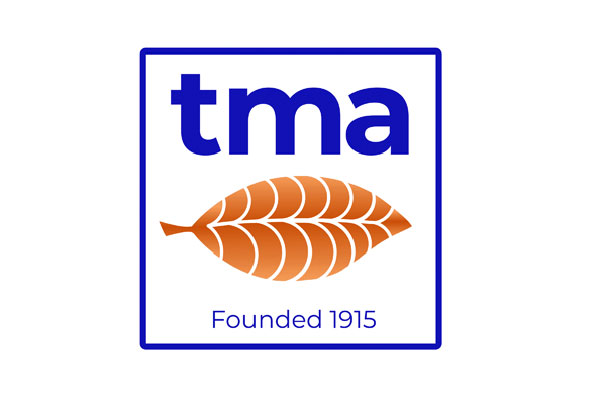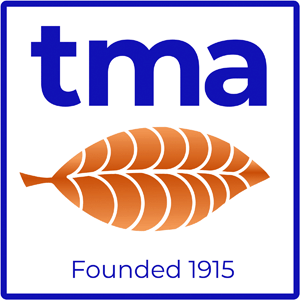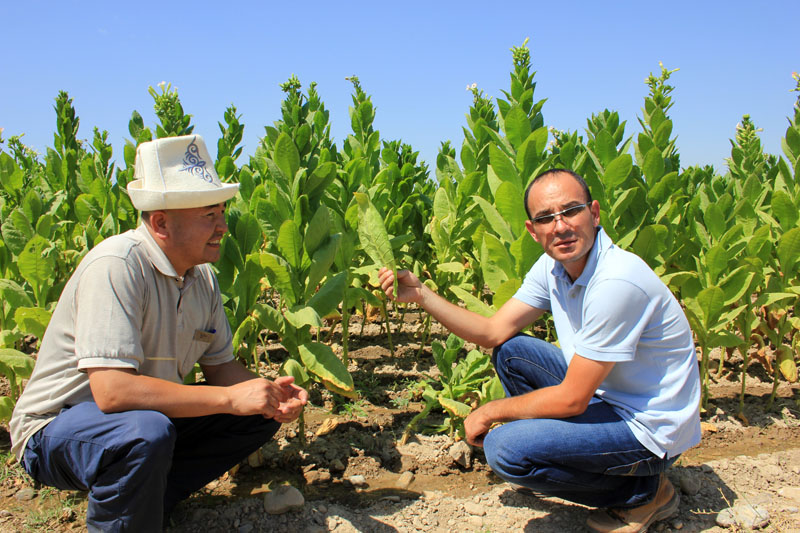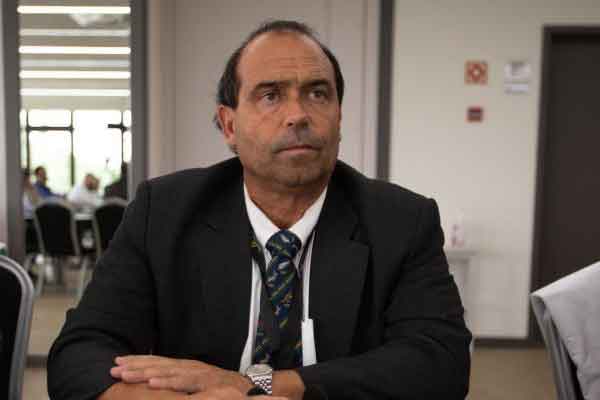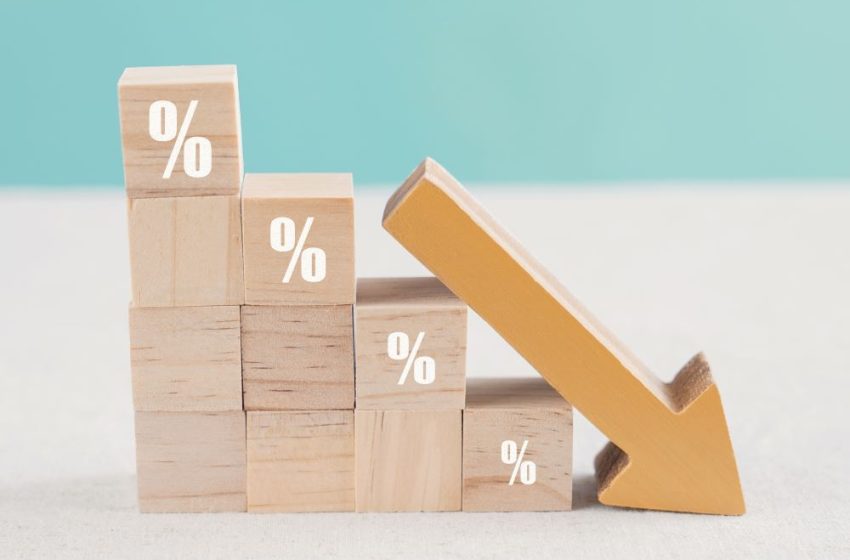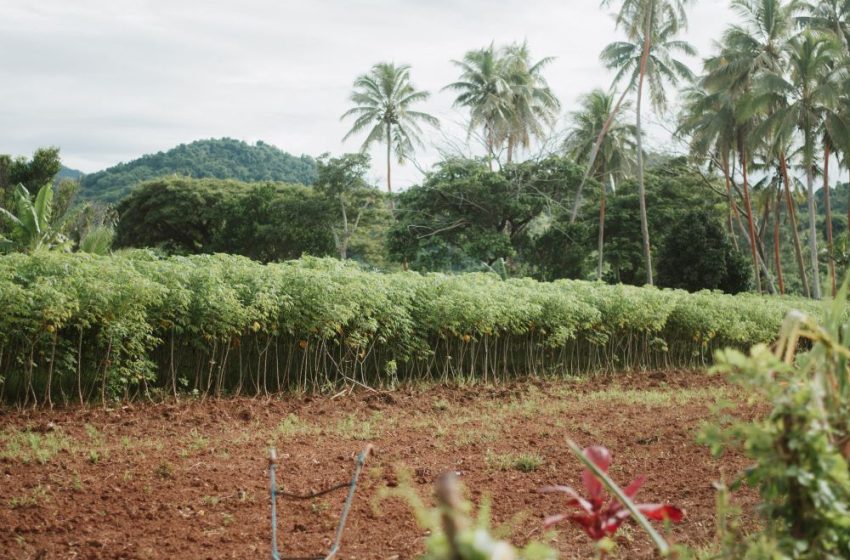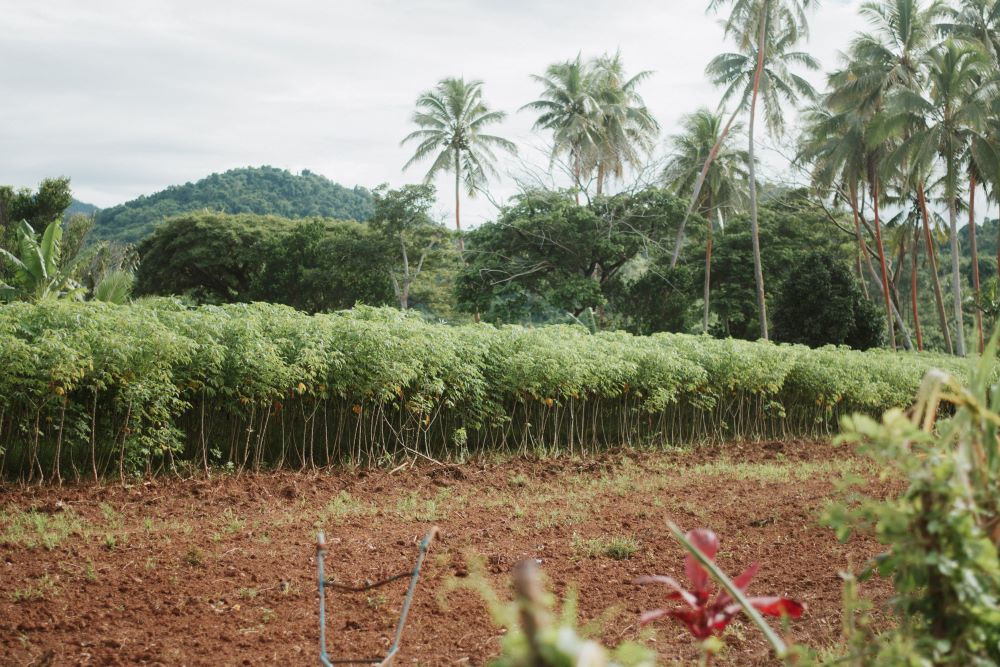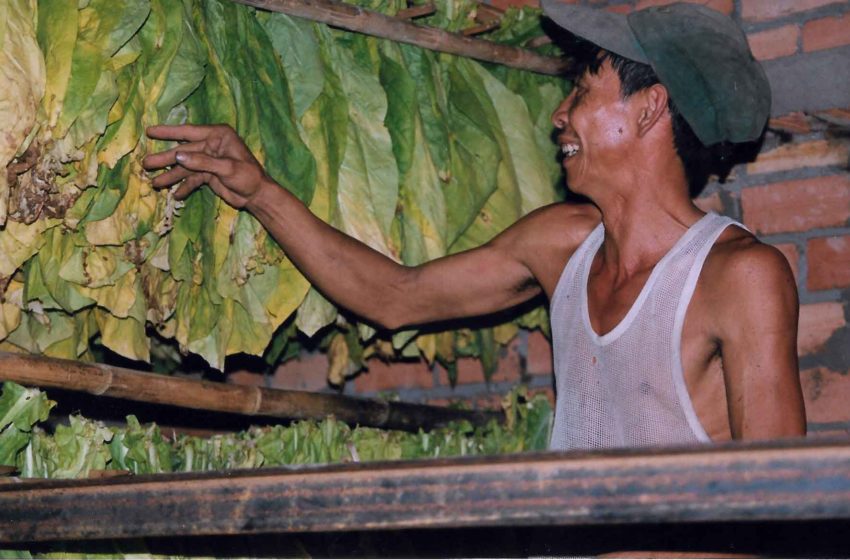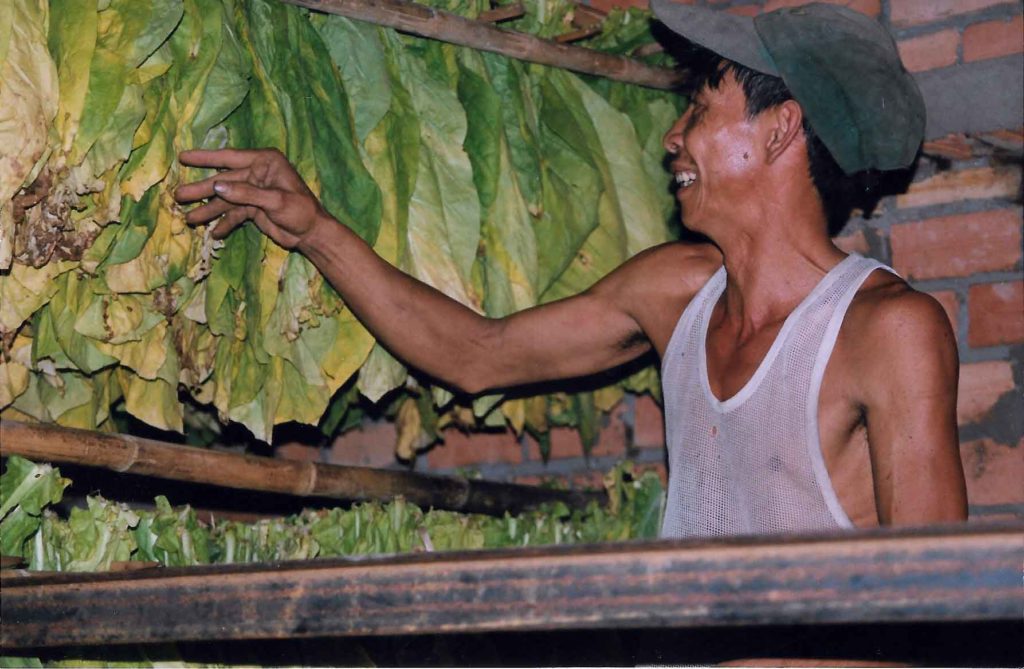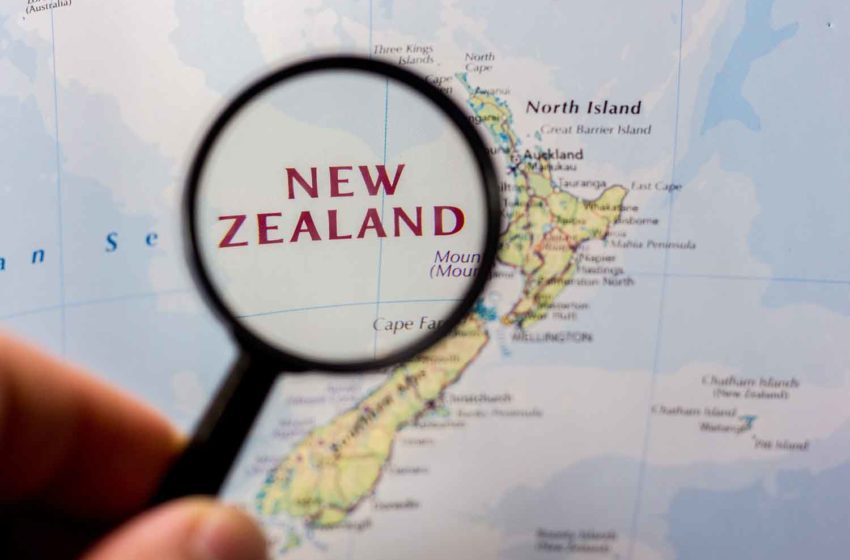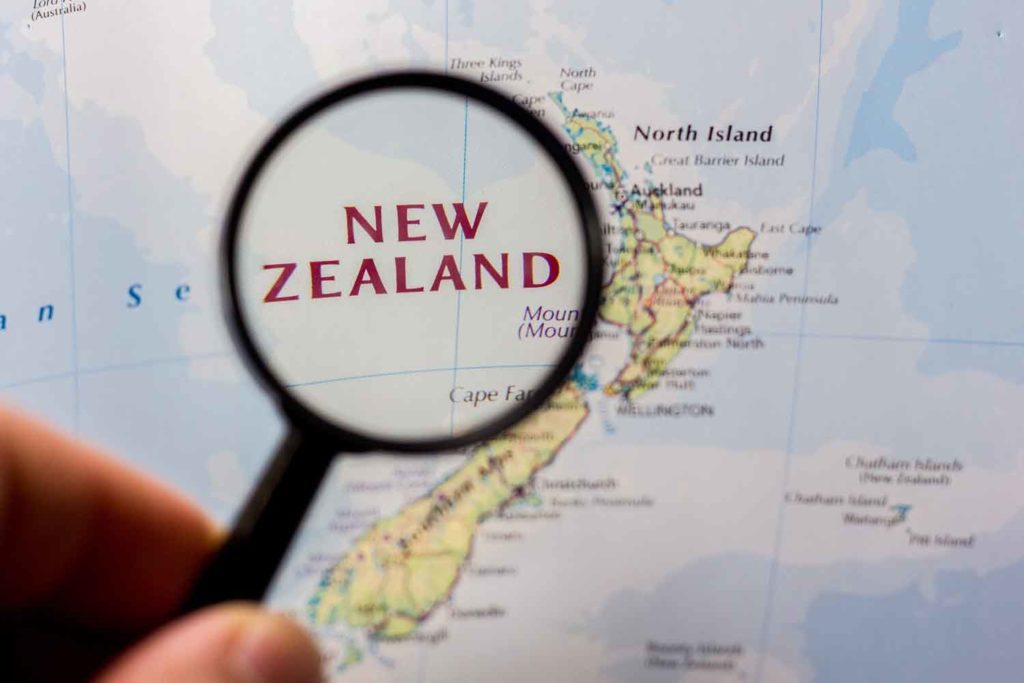
U.S. Food and Drug Administration Commissioner Robert Califf has lamented the FDA’s ongoing tobacco industry litigation following the agency’s attempt to regulate e-cigarettes, according to Politico. The FDA is facing over 40 lawsuits from companies whose premarket tobacco product applications have been denied.
“We are in a legal battle every single day, and it’s draining on the agency,” Califf said at the annual public meeting of the Reagan-Udall Foundation. “It has a big impact and a much bigger impact than I thought.”
“None of us expected 27 million applications for vaping,” he said.
Califf also noted that enforcement is difficult when it comes to illegal product. “I find myself in the midst of really an epic struggle … when I think of how to enforce when you have an industry that is amazingly creative.”
Califf hinted that the FDA would meet with the Department of Justice soon to discuss enforcement but declined to say more: “Stay tuned on that one.”


